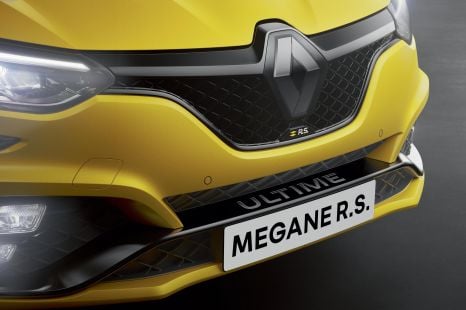

Ben Zachariah
Renault Sport may be revived to bridge gap to Alpine – report
43 Minutes Ago

Contributor
Is this the future of rallying?
Toyota entered its hydrogen-powered GR Yaris concept in a special demonstration run during the ninth round of the World Rally Championship (WRC) in Ypres, Belgium.
Dubbed the Toyota GR Yaris H, this concept car was first revealed in December 2021 and this latest test run is the first time Toyota has taken an “under-development hydrogen-engine vehicle” on public roads outside of Japan.
On the second day of the Ypres Rally, Toyota President and CEO Akio Toyoda, nicknamed Morizo, got behind the wheel of the hydrogen-powered GR Yaris concept for Special Stage 11.
Morizo was joined by former four-time WRC champion Juha Kankkunen as a co-driver for this particular stage.
The hydrogen-powered GR Yaris served as a test car and ran ahead of the safety car sent out to confirm “stage safety” before the start of Special Stage 11.
Special Stage 11 of the Ypres Rally was 15km long and featured “extremely narrow farm roads that ran along fields and between houses”.
Morizo had never driven on these Belgian roads before, nor had a chance to survey them before his run. Instead, he solely relied on Mr Kankkunen’s scripted guidance.
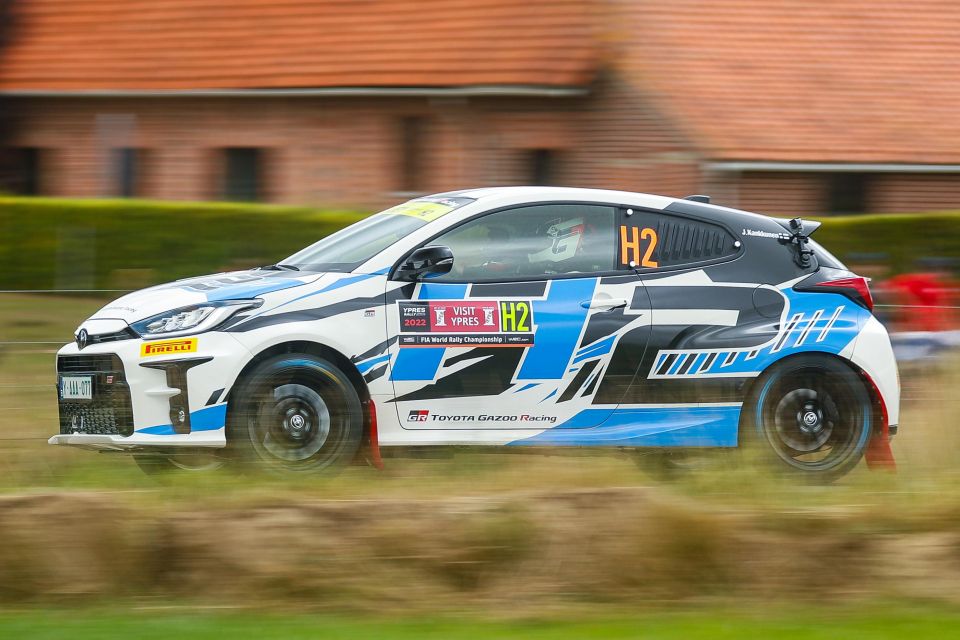
As previously detailed, the Toyota GR Yaris H has the same hydrogen-combustion powertrain as the Corolla Sport race car that’s been competing in the Super Taikyu endurance racing series in Japan since May 2021.
Although this GR Yaris concept uses the same fuel source as the fleet-only Mirai hydrogen fuel-cell electric vehicle (FCEV), the Mirai relies on chemical reaction in its fuel cells to generate energy, whereas the GR Yaris has an internal-combustion engine with hydrogen as the fuel.
Powering the hydrogen-powered GR Yaris concept is a 1.6-litre ‘G16E-GTS‘ turbocharged inline-three-cylinder engine that’s very similar to that of the petrol-powered GR Yaris, but with a modified fuel supply and injection system for the hydrogen fuel source.
Toyota hasn’t disclosed power or torque figures for the hydrogen-powered GR Yaris concept, nor does it mention how fast it can do the 0-100km/h sprint.
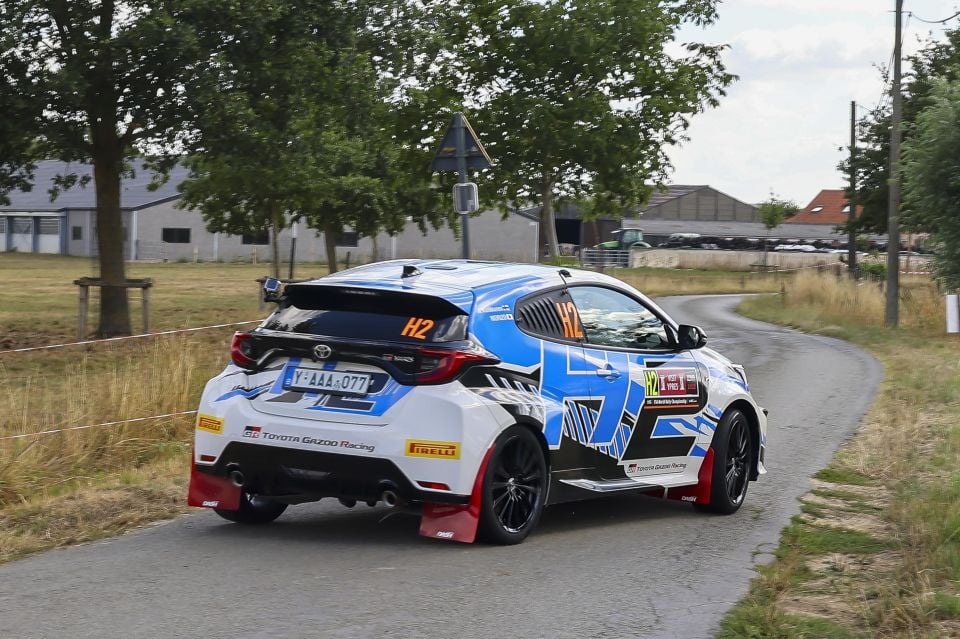
For context, the regular petrol-powered GR Yaris produces 200kW of power and 370Nm of torque and can do the 0-100km/h sprint in a claimed 5.2 seconds.
The GR Yaris H features the same hydrogen fuel tanks and refuelling process as the Mirai.
Hydrogen combusts at a faster rate than petrol, which Toyota has found results in “good responsiveness whilst delivering excellent environmental performance”.
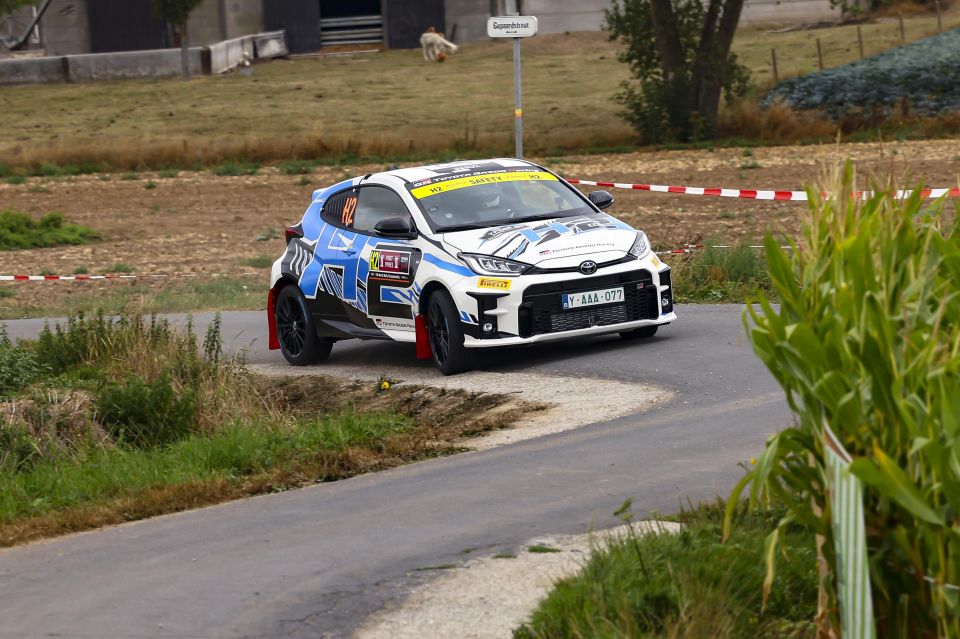
Toyota has been working on this hydrogen combustion-engine technology since 2017, but says it’s “still in the early stages of development and not yet ready for commercialisation”.
The Japanese automaker says it’ll continue developing its hydrogen-powered engine through the harsh lens of motorsport for now.
“Akio’s driving was great,” said Mr Kankkunen in response to Morizo’s driving on Special Stage 11 of the Ypres Rally.
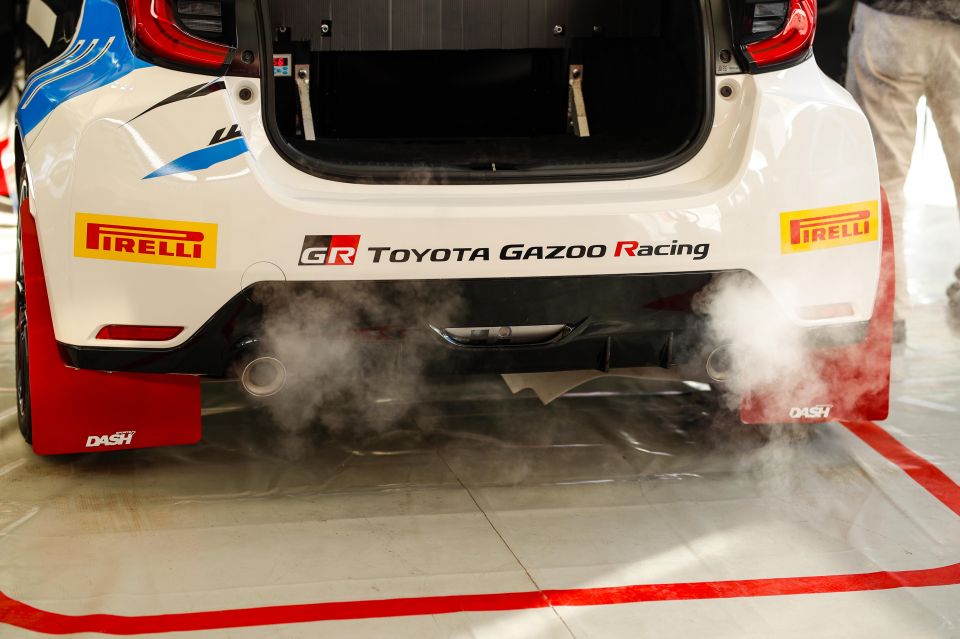
“And the hydrogen engine put out solid torque, making it no different from a gasoline engine.
“Because they emit zero CO, I believe hydrogen engines will become one of the options for achieving carbon neutrality not only in the world of motorsports but also in the world of everyday cars.”
Rather than focusing exclusively on electric vehicles (EVs), Toyota is known for currently offering, exploring and continuously developing a range of hybrid, battery-electric (BEV), plug-in hybrid electric (PHEV), and hydrogen-powered vehicles.
Where expert car reviews meet expert car buying – CarExpert gives you trusted advice, personalised service and real savings on your next new car.
Jack Quick is an automotive journalist based in Melbourne. Jack studied journalism and photography at Deakin University in Burwood, and previously represented the university in dance nationally. In his spare time, he loves to pump Charli XCX and play a bit of Grand Theft Auto. He’s also the proud owner of a blue, manual 2020 Suzuki Jimny.


Ben Zachariah
43 Minutes Ago
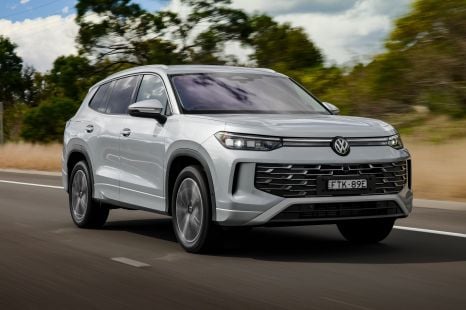

Damion Smy
1 Hour Ago
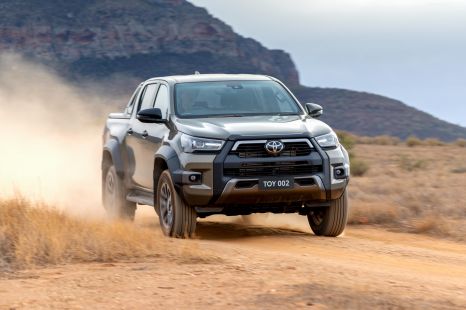

Damion Smy
3 Hours Ago
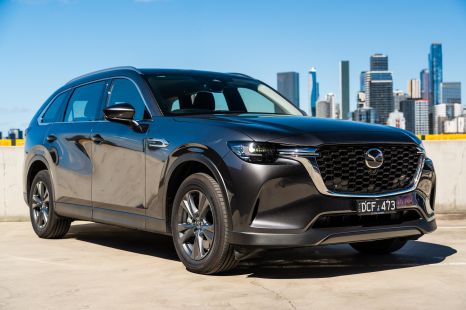

William Stopford
3 Hours Ago
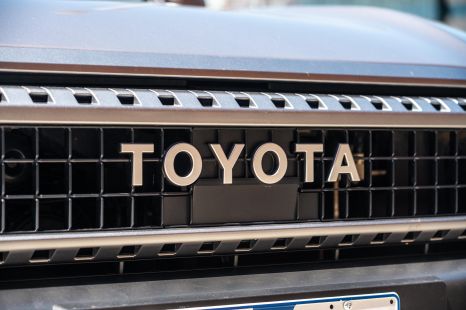

Damion Smy
3 Hours Ago
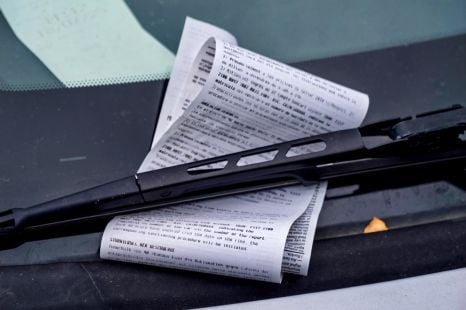

Ben Zachariah
4 Hours Ago